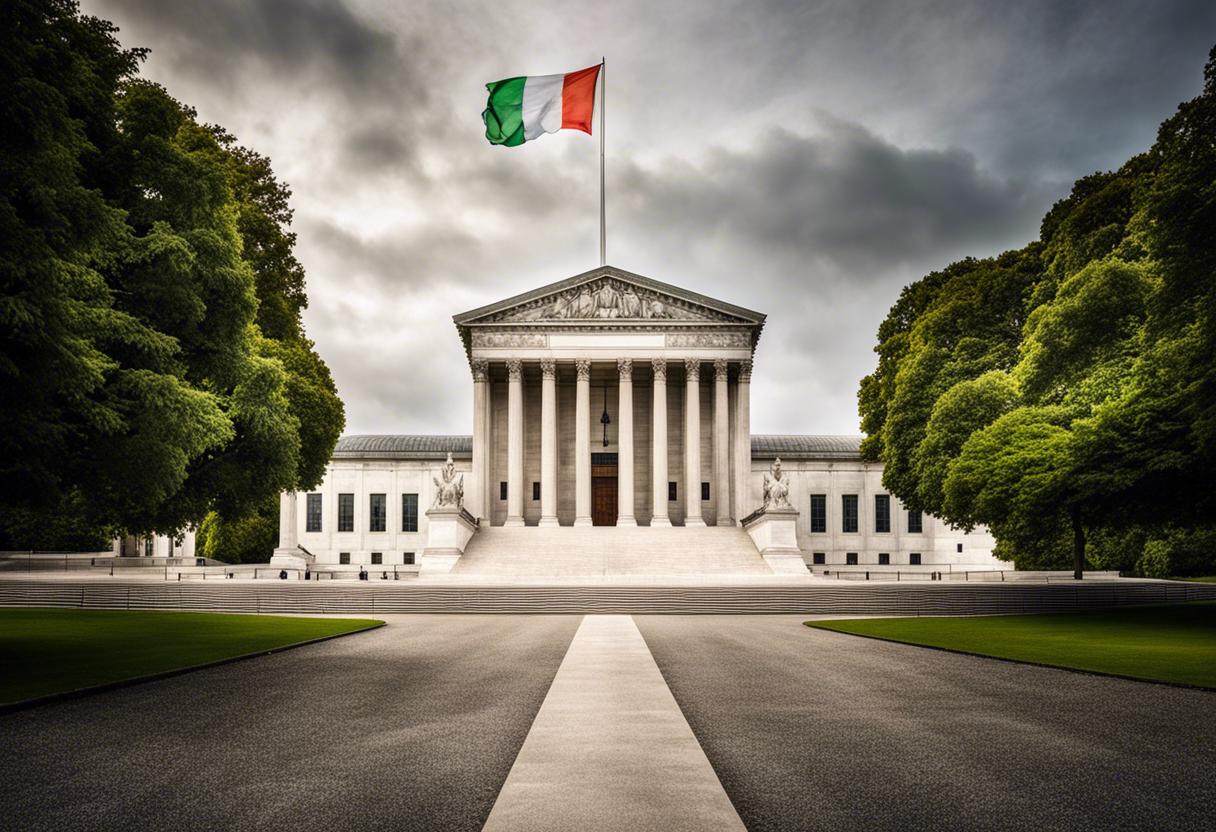Ms Justice Síofra O’Leary, the outgoing president of the European Court of Human Rights (ECtHR), has expressed worry over the approach of Irish courts towards the European Convention on Human Rights and rulings from the Strasbourg-based court. She discloses that although Irish courts consider the compatibility of their rules and laws with the convention, they fail to progressively expand or modify existing legislation.
O’Leary emphasised the importance of the language used by national courts, particularly in the current unsettled period, as it can potentially be manipulated by other courts or authorities not to protect convention rights, but to support nationalist sentiment and challenge the legitimacy of perceived interferences in national sovereignty. International courts, she says, are especially vulnerable when such rhetoric prevails.
O’Leary’s observations come in the midst of objections within sections of the UK government towards the ECtHR and the convention, following rulings on diverse issues from asylum rights to environmental commitments.
Addressing an assembly of senior Irish and international judges at a centenary celebration of the Irish independent courts system’s inception, Ms Justice O’Leary commended the Irish court system for its balance in protecting both the general interest and individual rights, as well as guaranteeing comprehensive access to justice.
Despite the fact that EU treaties and secondary legislation are part of Irish law, the convention was not considered domestic law for a long time and is still not directly applicable in the national legal framework. Following the Belfast Agreement, the convention was integrated into law under a 2003 Act with stringent terms.
O’Leary emphasises that the responsibility for ensuring rights are realised and effective is a shared one, with national entities, including courts, bearing the most responsibility. The optimal functioning of the convention system in Ireland hinges on a constructive and engaged relationship between Ireland’s Constitution and Europe’s convention. She also pointed out reoccurring themes in Ireland’s local engagement with the convention.
Ms Justice O’Leary highlighted that, despite Ireland being a signatory to the international agreement, neither the treaty nor decisions from the European Court of Human Rights (ECtHR) enjoy the same direct force as EU law in the country. Irish courts, when processing cases related to the treaty, assess the accordance of a provision with the agreement but refrain from inventively stretching or modifying prevailing laws.
She pointed to the primary method of gauging the convention’s influence in the domestic system of the Council of Europe’s 46 states, which is through the quantity of pending applications against a specific nation per 10,000 inhabitants. Of the 65,500 total applications, Ireland has only two against it, resulting in a ratio of 0.04 and making it the 45th lowest, just 0.01 less than the UK.
Ms O’Leary suggested that the scarcity of applications against Ireland likely mirrors the depth of the integration of convention standards within the state and considerable faith in the impartiality and functioning of the Irish judicial system. She further acknowledged that the costs connected with obtaining justice in Ireland could potentially determine whether individuals choose to seek redress in Strasbourg.

